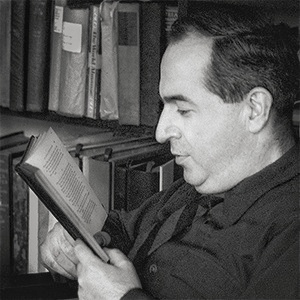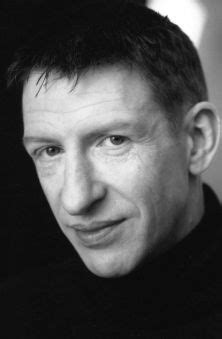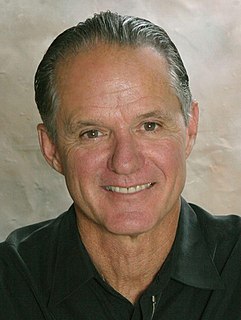A Quote by Sharon Salzberg
We find greater lightness & ease in our lives as we increasingly care for ourselves & other beings.
Related Quotes
History leaves no doubt that among of the most regrettable crimes committed by human beings have been committed by those human beings who thought of themselves as civilized. What, we must ask, does our civilization possess that is worth defending? One thing worth defending, I suggest, is the imperative to imagine the lives of beings who are not ourselves and are not like ourselves: animals, plants, gods, spirits, people of other countries, other races, people of the other sex, places and enemies.
Human beings are very unbalanced and prone to go off on tangents. In every area of life- with too great emphasis on one thing, leaving out another important thing altogether. None of us will ever be perfectly balanced in our spiritual lives, our intellectual lives, our emotional lives, our family lives, in relationships with other human beings, or in our business lives. BUT WE ARE CHALLENGED TO TRY, WITH THE HELP OF GOD. We are meant to live in the scriptures.
The body stores the trauma of our lives in muscular rigidity, thereby keeping us stuck in the past. When we release the tension in the body and align ourselves with gravity, we take a new stand in life. This allows us to be at ease with ourselves and in harmony in our relationship to others and to our planet.
In order for us human beings to commit ourselves personally to the inhumanity of war, we find it necessary first to dehumanize our opponents, which is in itself a violation of the beliefs of all religions. Once we characterize our adversaries as beyond the scope of God's mercy and grace, their lives lose all value.
We become so caught up in the busyness of our lives. Were we to step back, however, and take a good look at what we’re doing, we may find that we have immersed ourselves in the “thick of thin things.” In other words, too often we spend most of our time taking care of the things which do not really matter much at all in the grand scheme of things, neglecting those more important causes.
We meditate alone but live our lives with other people; a gap is inevitable. If our path is to lead to less suffering, nd much of our suffering is with other people, then perhaps we need to reexamine our sole commitment to these individual practices... As our individual pracitce deepens, it may yiled true ease. But whether we practice meditation in seclusion or independently alongside other meditators at a meditation group or retreat, individual meditation approaches the confusion and pain of our relational lives only indirectly.
It is only when we want to take our lives out of the Father’s hands and have them under our own control that we find ourselves gripped with anxiety. The secret of freedom from anxiety is freedom from ourselves and abandonment of our own plans. But that spirit emerges in our lives only when our minds are filled with the knowledge that our Father can be trusted implicitly to supply everything we need.
The greatest cost of the specialization of technological life - and out of which all other damages are birthed - is arguably our separation from the practical and enriching sense of ourselves as embodied beings. When we are alienated from the wisdom of the body, our lives become theoretical and abstract, and we are distanced from the direct, felt sense of living.
Human beings are complicated and flawed and unique, but we all have a story to tell. Gone are the days where our lead characters can only look like somebody else. Heroes look like all of us. We see ourselves in each others' stories. We see who we are. We see who we want to be. Sometimes we see who we don't want to be. And through that we have a greater understanding of ourselves and acceptance of each other.
The quality of health care continues to improve, and people are living longer, but these developments mean that we're likely to eventually find ourselves in a situation in which we're forced to make difficult choices about our parents, other loved ones, or even ourselves that ultimately boil down to calculations of worth and value.


































